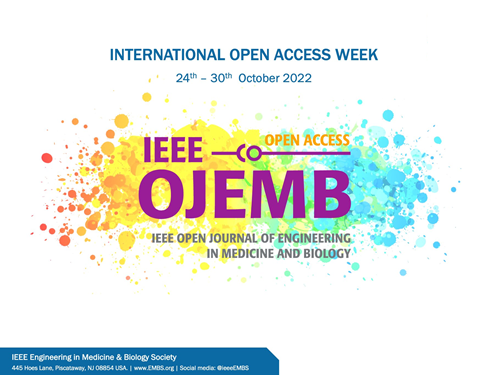利用数学建模和深度学习的传染病控制综合框架
IF 2.9
Q3 ENGINEERING, BIOMEDICAL
IEEE Open Journal of Engineering in Medicine and Biology
Pub Date : 2024-09-09
DOI:10.1109/OJEMB.2024.3455801
引用次数: 0
摘要
传染病是全球主要的公共卫生问题。精确的建模和预测方法对于制定有效的疾病控制策略至关重要。然而,数据不平衡、噪声和强度不均匀性的存在使得疾病检测更具挑战性。目标:本文提出了一种新型传染病模式预测系统,将确定性和随机性模型的优势与深度学习模型的优势相结合。结果:综合优势提高了解决方案预测的性能。此外,目标还包括研究时间延迟对感染率和疫苗接种率的影响。结论:在这一拟议框架中,首先使用 Routh-Haurwitz 准则和 Lyapunov 方法有效分析了无疾病平衡的全局稳定性,并使用传染病模型中的非线性 Volterra 积分方程分析了流行平衡。与现有模型不同的是,重点在于提出一种能够在考虑疫苗接种和迁移率影响的同时研究稳定性的模型。接下来,通过利用序列数据中的长期依赖关系,使用高效的深度学习模型有效预测了疫苗接种对感染率的影响。从而使预测更加准确。本文章由计算机程序翻译,如有差异,请以英文原文为准。
An Integrated Framework for Infectious Disease Control Using Mathematical Modeling and Deep Learning
Infectious diseases are a major global public health concern. Precise modeling and prediction methods are essential to develop effective strategies for disease control. However, data imbalance and the presence of noise and intensity inhomogeneity make disease detection more challenging.
Goal:
In this article, a novel infectious disease pattern prediction system is proposed by integrating deterministic and stochastic model benefits with the benefits of the deep learning model.
Results:
The combined benefits yield improvement in the performance of solution prediction. Moreover, the objective is also to investigate the influence of time delay on infection rates and rates associated with vaccination.
Conclusions:
In this proposed framework, at first, the global stability at disease free equilibrium is effectively analysed using Routh-Haurwitz criteria and Lyapunov method, and the endemic equilibrium is analysed using non-linear Volterra integral equations in the infectious disease model. Unlike the existing model, emphasis is given to suggesting a model that is capable of investigating stability while considering the effect of vaccination and migration rate. Next, the influence of vaccination on the rate of infection is effectively predicted using an efficient deep learning model by employing the long-term dependencies in sequential data. Thus making the prediction more accurate.
求助全文
通过发布文献求助,成功后即可免费获取论文全文。
去求助
来源期刊

IEEE Open Journal of Engineering in Medicine and Biology
ENGINEERING, BIOMEDICAL-
CiteScore
9.50
自引率
3.40%
发文量
20
审稿时长
10 weeks
期刊介绍:
The IEEE Open Journal of Engineering in Medicine and Biology (IEEE OJEMB) is dedicated to serving the community of innovators in medicine, technology, and the sciences, with the core goal of advancing the highest-quality interdisciplinary research between these disciplines. The journal firmly believes that the future of medicine depends on close collaboration between biology and technology, and that fostering interaction between these fields is an important way to advance key discoveries that can improve clinical care.IEEE OJEMB is a gold open access journal in which the authors retain the copyright to their papers and readers have free access to the full text and PDFs on the IEEE Xplore® Digital Library. However, authors are required to pay an article processing fee at the time their paper is accepted for publication, using to cover the cost of publication.
 求助内容:
求助内容: 应助结果提醒方式:
应助结果提醒方式:


